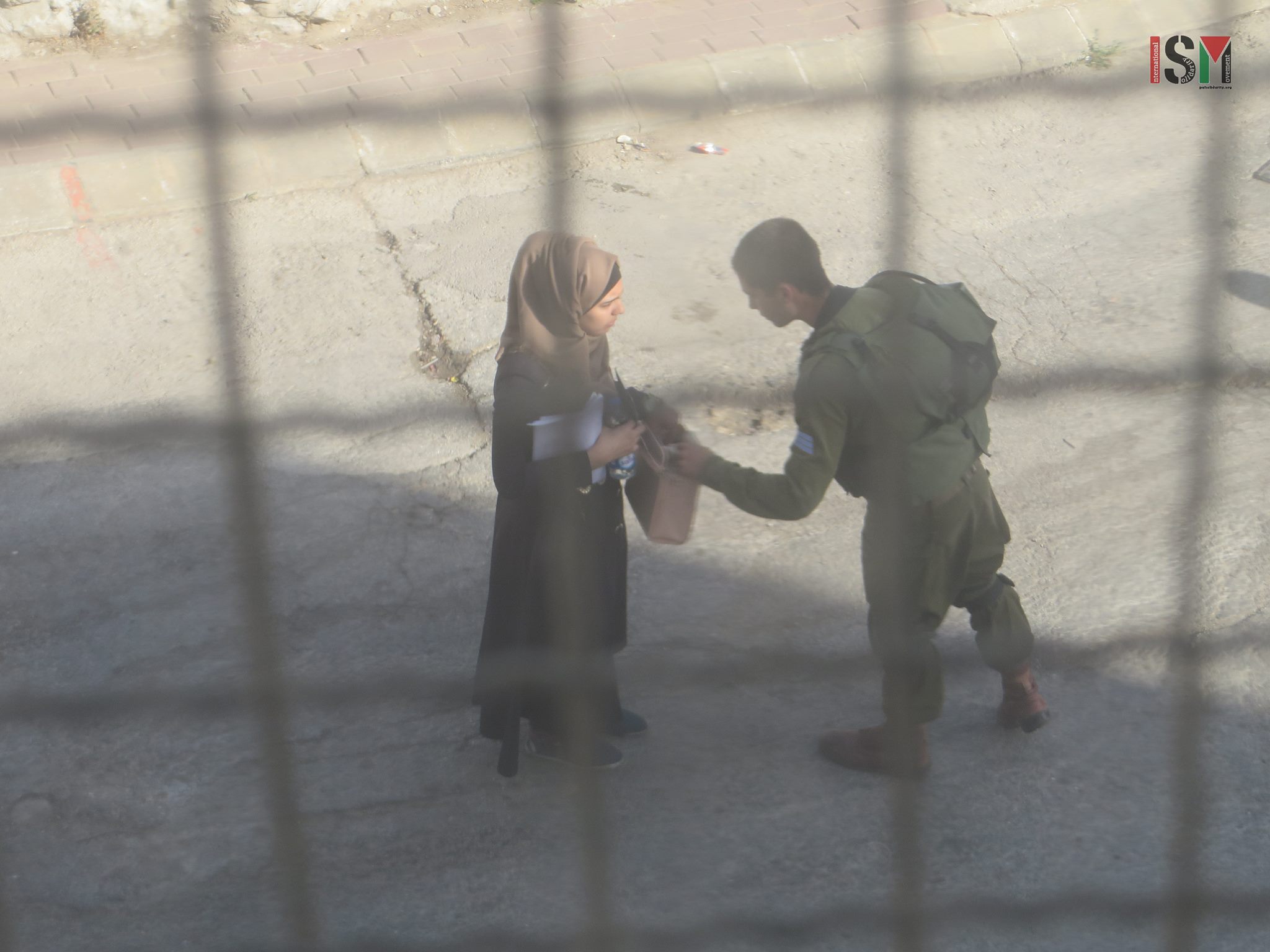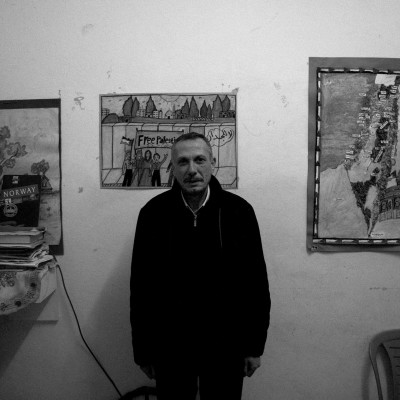Category: Features
-
Increasing harassment and direct threats of Palestinians and internationals in al-Khalil
22nd October 2015 | International Solidarity Movement, Al-Khalil team | Hebron, occupied Palestine Today in the morning, Israeli forces harassed international human rights observers monitoring a checkpoint in occupied al-Khalil (Hebron) on settlers orders. Two internationals were monitoring the stairs leading up to two schools from segregated Shuhada street. Palestinians are forced to take the…
-
ISM mourns the death of longtime supporter and friend, Hashem Azzeh
21st October 2015 | International Solidarity Movement, Al-Khalil team | West Bank, occupied Palestine Long term supporter and friend of ISM, Hashem Azzeh, has tragically passed away today aged 54, following health complications exacerbated by the conditions in Al-Khalil (Hebron). Hashem, who had a long-term cardiac condition, called for an ambulance on feeling discomfort in…
-
Settlers call for attacks on International human rights defenders in al-Khalil (Hebron)
21st October 2015 | International Solidarity Movement, Al-Khalil team | West Bank, occupied Palestine ”These are not tourists. These are hostile anarchists. Soldiers and residents pay attention, the characters in these photos are here to harm Israelis for anti-semitic reasons. Act accordingly.” This message, written in Hebrew, was posted by a machine gun-wielding illegal Israeli…



